A martyr without a country
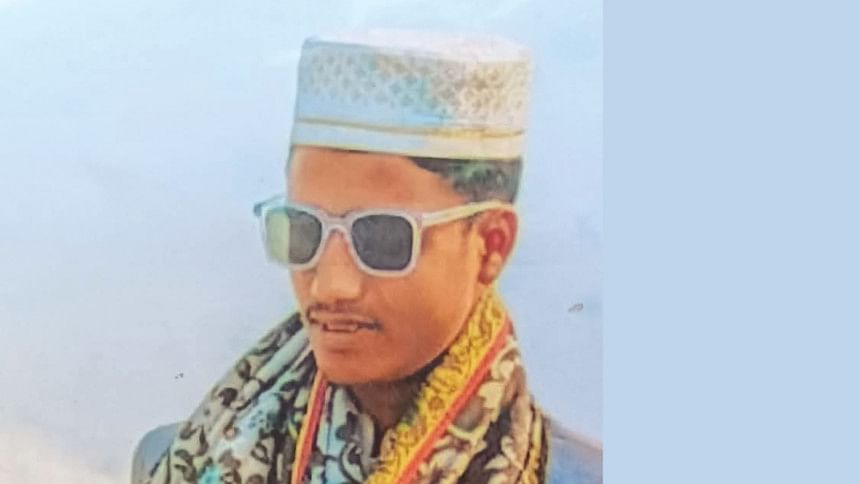
Last year, 17-year-old Nur Mostofa, like many of his peers, took to the streets, standing shoulder to shoulder with the masses to protest the killings of hundreds at the hands of law enforcers during the July uprising and to demand the resignation of then-prime minister Sheikh Hasina.
On August 5, when he joined the protest ignoring his father's warnings, Nur was shot in front of Eidgaon Police Station in Cox's Bazar. He died in a hospital a day later.
However, the local authorities refused Nur the martyr status reserved for the fallen heroes of the movement.
What was his fault? Why couldn't he get the recognition for the ultimate sacrifice?
Nur was a Rohingya and not legally a citizen of the country, despite being born and raised here.
His father, Shafiul Alam, fled persecution in Myanmar and settled in Eidgaon upazila of Cox's Bazar in 1992. It was there his wife, Nur Begum, gave birth to Nur in 2007.
His birth certificate was issued by the Islamabad Union Parishad in 2008. However, he was not granted citizenship because Bangladesh does not grant citizenship to children born of non-citizen parents.
At the time of his death, Nur was a 10th-grade madrasa student preparing to sit for the Dakhil exam.
His father Shafiul told this correspondent that when he stopped his son from joining the protests on August 4, Nur showed him a clip of Abu Sayed and said, "If Abu Sayed can give his life, if hundreds of our brothers can, why can't I?"
On the morning of August 5, as Nur was sneaking out to join the protests, he pleaded with a friend who spotted him not to tell his father where he was going.
That afternoon, he was shot. The bullet pierced through his back and exited through his chest, according to his inquest report.
He was rushed to a hospital. He breathed his last the following day, on the afternoon of August 6.
"My son was born on this soil. He was a student at a local madrasa. He would have sat for the Dakhil exams now if he had not been killed," said Shafiul.
"Only because we are Rohingya and don't have NID cards, Nur's name was struck off the official list of martyrs.
"I don't care about the money. But Nur was born here, he went to school here, and he died for this country. He deserves the recognition."
Nur Begum, Nur's mother, said, "Our biggest crime is that we are Rohingya. How else do we explain the disrespect and lack of recognition even after my son gave his life for the country?"
The incident drew attention only after July Records, an organisation archiving the atrocities of the July uprising, discovered his story and posted about him on social media on March 26.
Since then, there has been a campaign to ensure Nur receives his due recognition.
On April 17, July Records and the Student Alliance for Democracy held a human chain in front of the Raju Memorial Sculpture on Dhaka University campus, demanding his immediate recognition.
Speaking at the demonstration, Umama Fatema, a leader of the mass uprising, said, "This is not just about money or compensation; it is about due recognition. We want the state to offer honorary citizenship to Nur's family."
In addition to July Records, activist Koli Kayez and her platform, Empowering Our Fighters, submitted a memorandum on the matter to Faruk E Azam, the Liberation War affairs adviser, on April 4.
Contacted, Amirul Islam, personal aide to the adviser, said the adviser is aware of the issue and the ministry is currently reviewing the documents submitted.

 For all latest news, follow The Daily Star's Google News channel.
For all latest news, follow The Daily Star's Google News channel. 

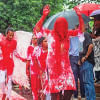
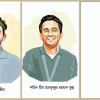

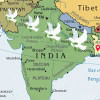

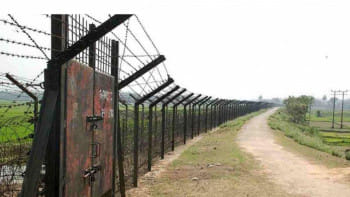
Comments